Initiating a new national support approach – mobilising national logistics in the support of military operations
Logistics in War
NOVEMBER 28, 2022
2] The integration between military and civilian sources of logistics and support are now extolled as underpinning the ADF’s ability to respond to crises in the future. [3]. This paper presents the exemplar concept of national support as an approach upon which a future civil-military relationship in Australia is based.

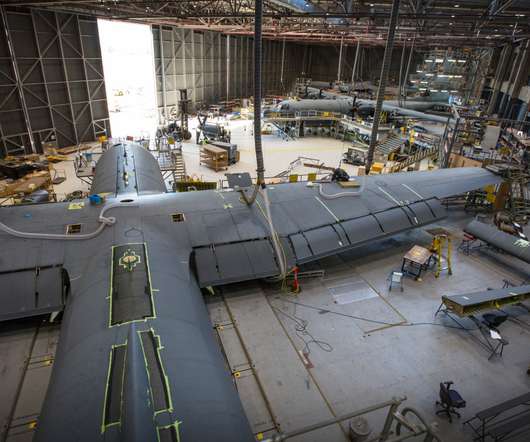

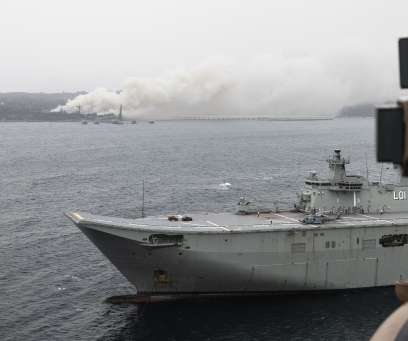
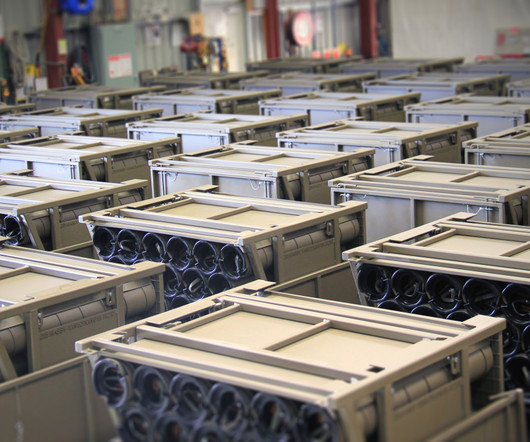








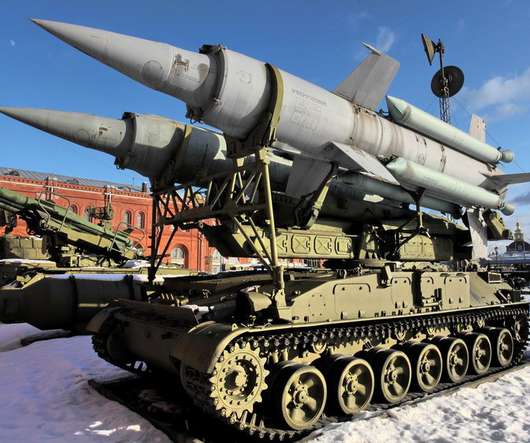







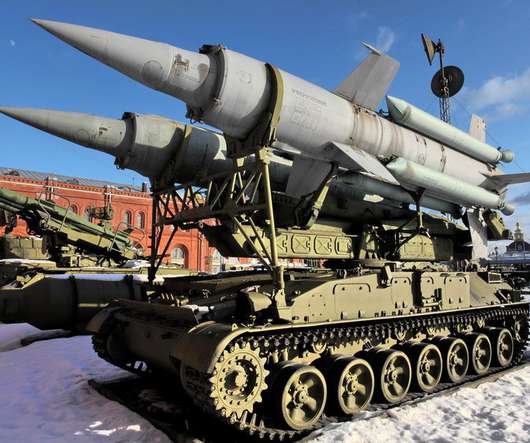


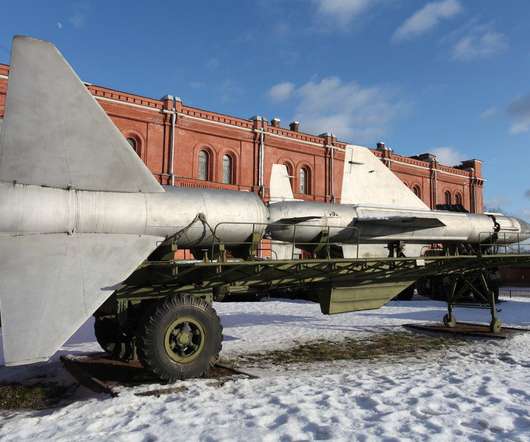




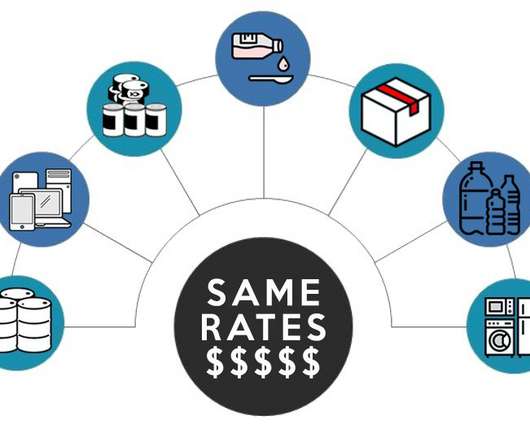
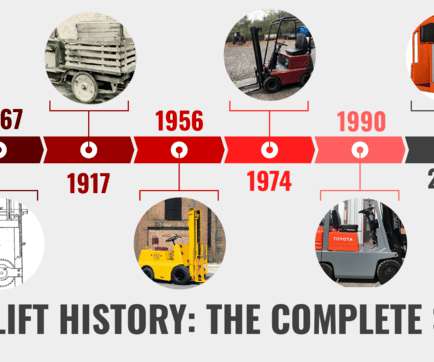










Let's personalize your content